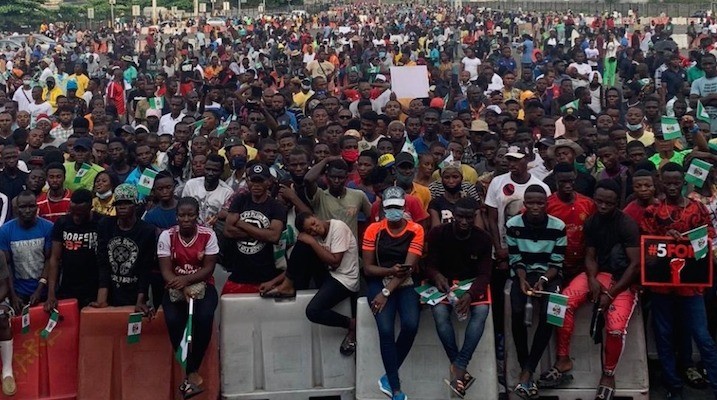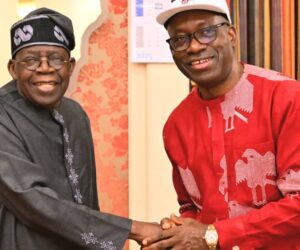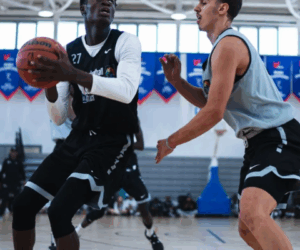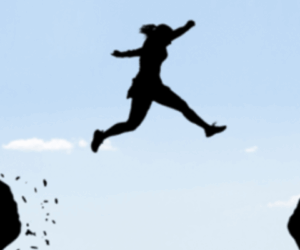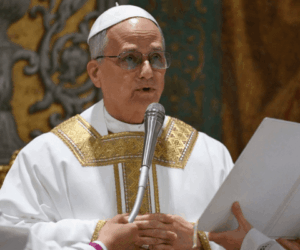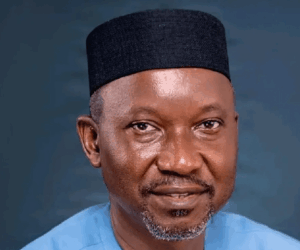October 20, 2020, was an unforgettable Tuesday night. Then, I sat at home, watching DJ Switch’s Instagram livestream, my phone trembling in my hands as her voice broke through the darkness.
The sound of gunfire echoed over the national anthem. Flags fluttered in blood and fear. Protesters—unarmed, singing, kneeling—were sprayed with bullets. I remember feeling sick. Not just in my body, but in my soul. I knew how this would end. We all did.
In Nigeria, power too often answers activism, not with dialogue but with death.
Read also: Berom youth group decries killing of 31 persons in Plateau
One Night That Changed Nigeria
Victims of the Lekki tollgate killing field were young. They were peaceful. They were hopeful. And they were shot for daring to dream of a better Nigeria.
Amnesty International reported that at least 12 people were killed that night at Lekki and Alausa. CNN’s investigation confirmed it with video, metadata, and satellite evidence. The Lagos Judicial Panel of Inquiry called it what it was: Massacre. Yet, five years on, no one has been held accountable. The streetlights that went dark before the shooting have become symbols of Nigeria’s moral blackout.
We remember their names—Anthony Onome Afamefuna, Olamilekan Ibrahim, Emeka Chibuike, and countless others whose identities history has blurred; but their courage remains indelible. They sang “Peace, Unity, and Freedom,” and Nigeria answered with gunfire.
As Chinua Achebe once wrote, “The trouble with Nigeria is simply and squarely a failure of leadership.” That night proved that our leadership not only failed, but also lost its conscience.
Survivors Who Still Carry the Night
Five years later, some of those who escaped Lekki still wake up to the sound of imagined gunfire. A few have gone into exile, rebuilding lives abroad, but are haunted by memories they can’t bury. Others, like DJ Switch, have turned their trauma into activism, bearing witness even when the state denied the evidence.
Many more suffer in silence, unseen and unsupported. Their wounds are both physical and psychological—proof that justice delayed is not just justice denied, but healing denied as well..
Nation Still Bleeding
The bullets may have stopped, but the brutality has not. In August 2024, Azeez Ishola was killed by the police in Lagos during a routine stop. Amnesty International reports that over 115 Nigerians were unlawfully killed by security forces in 2023 alone—and those are only the recorded cases. In truth, the number is likely to be way higher, obscured by inadequate data, fear of reprisal, and the absence of credible national databases.
Meanwhile, the state continues to parade bandits and kidnappers, granting them “amnesty” and rehabilitation. Peaceful protesters remain vilified.
It is a grotesque inversion of justice: Criminals embraced law-abiding citizens brutalised. As some governors host photo ops with “repentant terrorists,” voices like that of Nnamdi Kanu are stifled in indefinite detention with make-believe trials.
This is not governance; it is moral theatre. This is not justice; it is the choreography of impunity.
Deeper Wound: When Life Loses Value
The Lekki Massacre was not only a political failure but also a moral one.
It revealed a nation where human life is negotiable, where injustice no longer shocks us.
When hospitals turn away gunshot victims for lack of police reports, and when citizens film lynchings instead of intervening, the rot runs deeper. It has entered our collective psyche.
We are becoming desensitised to our own decay.
Global Echo
Across the world, young people have stood where Nigeria’s youth once stood, demanding dignity.
In the United States, the Black Lives Matter movement forced a reckoning with state violence. In Sudan, youth protests ended three decades of dictatorship. In Chile, peaceful demonstrations birthed constitutional reform. Even in Nepal, Gen Z protesters filled the streets against corruption before crackdowns turned peace to chaos.
Everywhere, the pattern repeats: Citizens rise; governments retaliate. But in some countries, persistence bore fruits. In Nigeria, denial became doctrine.
Five Years Later: Our Demands for Dignity
Grief alone will not save us. We must organise sorrow into structure, outrage into outcomes, pain into purpose. Five years after Lekki, we must demand:
Justice for the victims – full investigation and prosecution of those responsible for Lekki and all extrajudicial killings.
True police reform – independent oversight, retraining, and community-based policing grounded in human rights.
The dignity of every Nigerian life – healthcare without harassment, protest without punishment, existence without fear.
This is not a cry for vengeance. It is a plea for sanity.
Read also: Alleged Christian killings: Senate sets up ad-hoc committee to draft position paper
People’s Duty
It is not enough to curse the darkness of power; we must light the candles of citizenship. We must teach our children that silence is not an option, and neutrality in the face of oppression is a betrayal.
As Randy Peters and other reformers push for electoral and civic renewal, let us join hands in this effort, because no policy will save us if the people themselves forget how to feel.
A Warning and a Hope
A country that kills its children cannot claim a future. But if the blood at Lekki can water the tree of justice, maybe Nigeria can still bloom again. One day, the same flag that once lay drenched in blood will wave again in peace, a symbol not of betrayal, but of rebirth.
October 20 must not just be a day of mourning. It must become a national ritual of remembrance and recommitment, a promise to ourselves that never again will we allow the light of our youth to be snuffed out in the dark. The price of forgetting is repetition, and we have bled enough.
Let the world know:
We remember. We resist. We re-build.
And may the souls of those we lost at Lekki tollgate rest not in silence—but in power.
Mr Ukoh, an alumnus of the American University of Nigeria, Yola, and PhD student at Columbia University, writes from New York.

